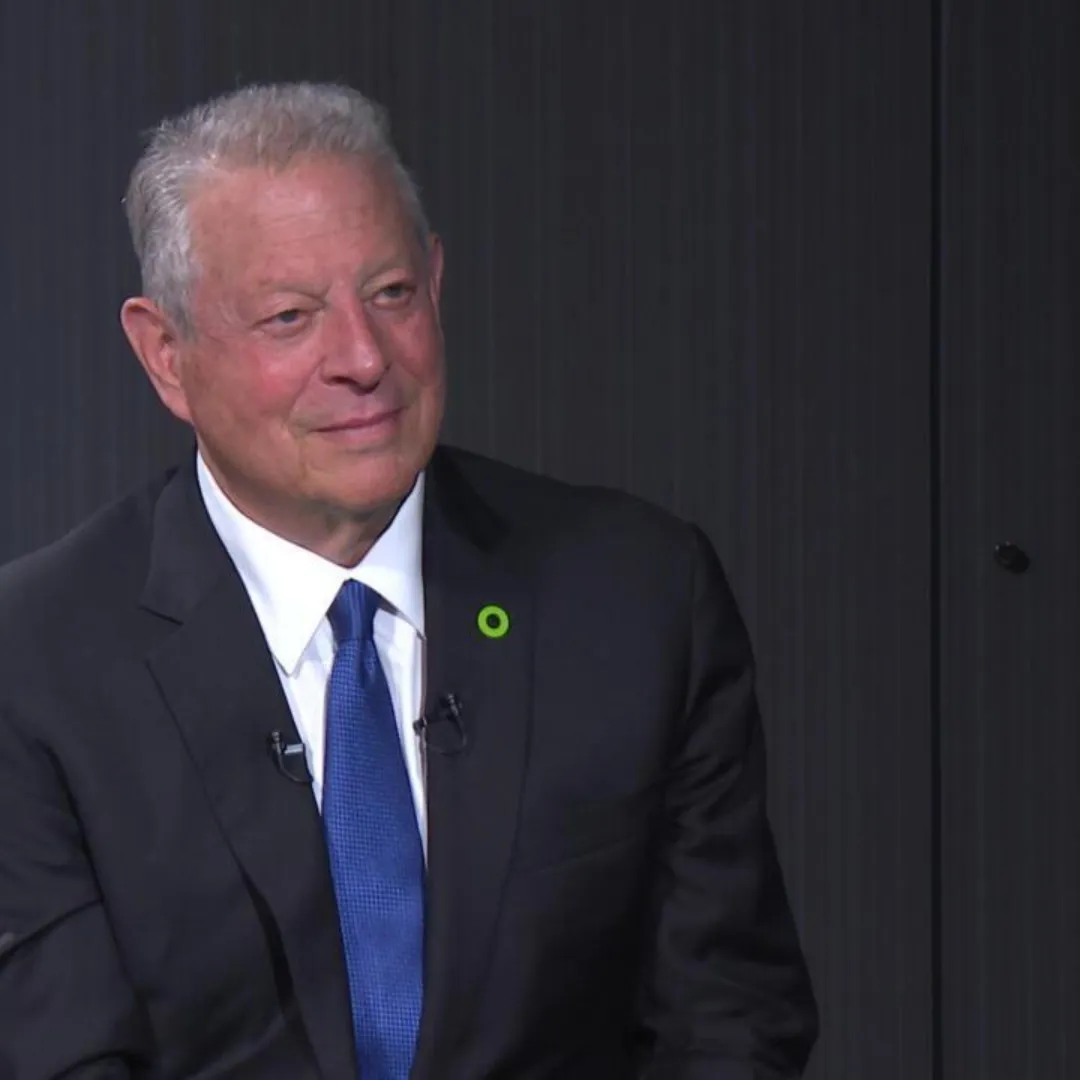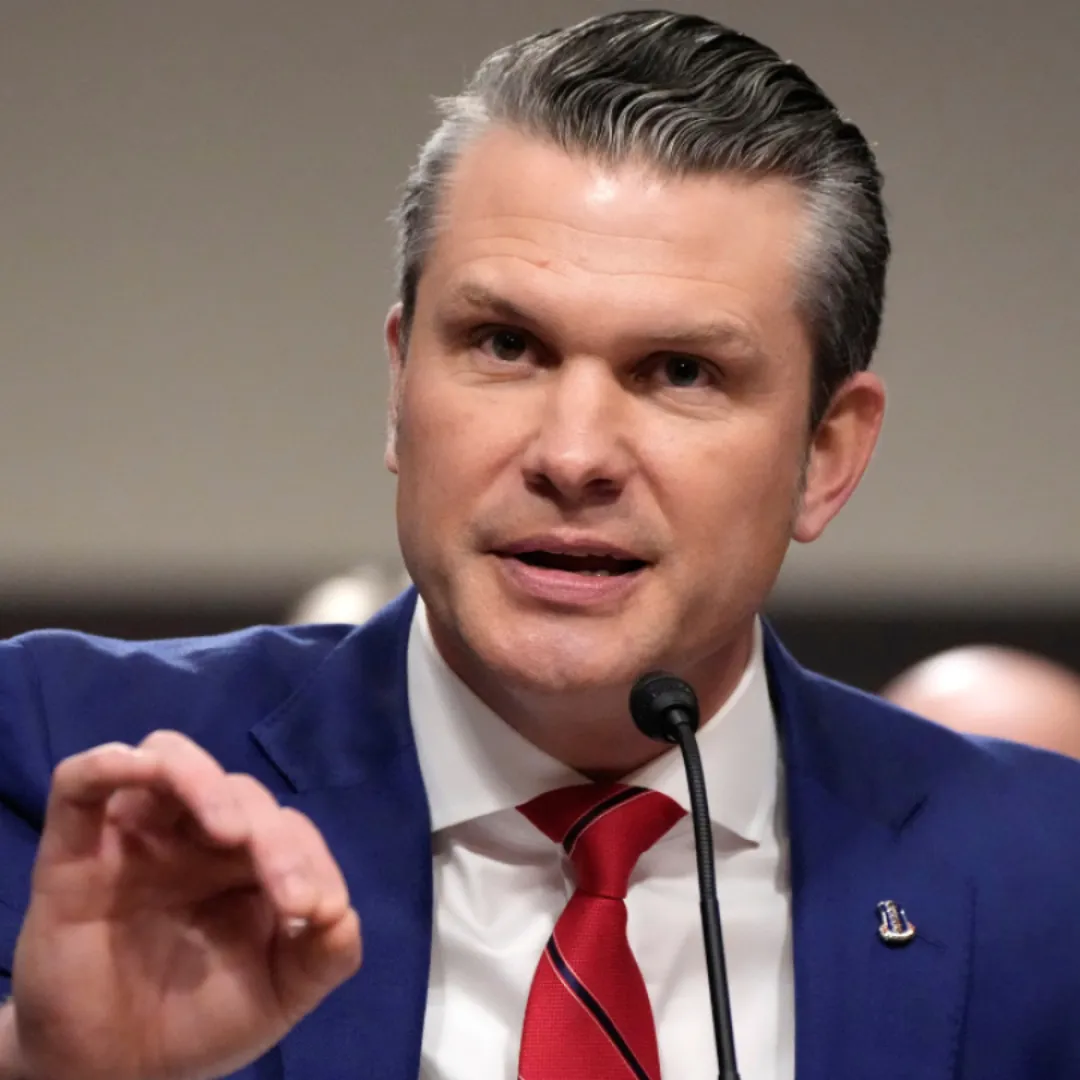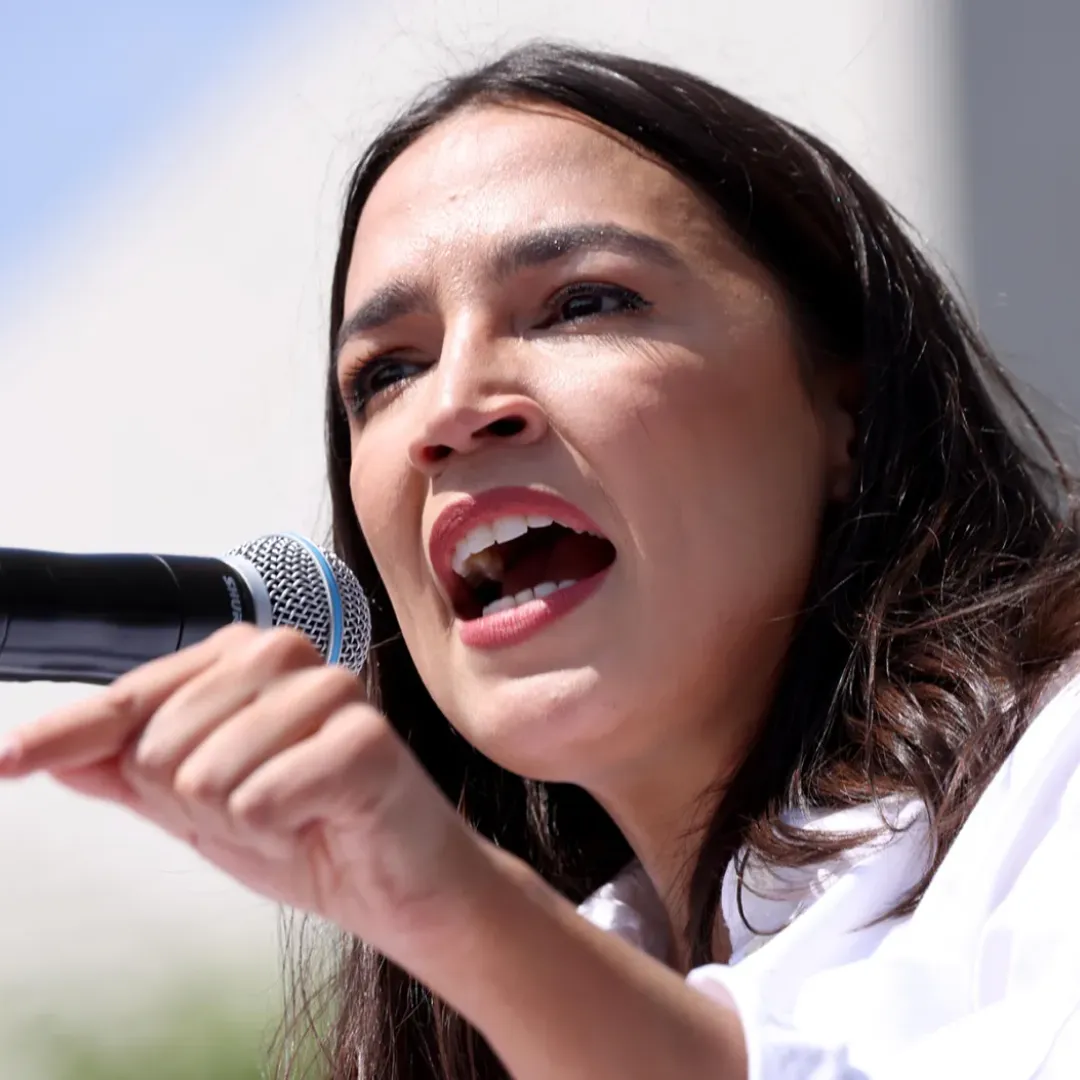
With just over a month remaining before the Democratic primary for New Jersey’s governor race, the competition has grown increasingly fierce, with six major candidates vying for the opportunity to succeed term-limited Governor Phil Murphy. Among them, Representative Mikie Sherrill (D-N.J.) has held a slight lead in recent polling, although the race remains fluid, with several candidates within striking distance.
Sherrill, a fourth-term congresswoman and former Navy helicopter pilot, has positioned herself as the front-runner, bolstered by endorsements from county parties in North Jersey and a relatively solid field operation.
However, her lead remains tenuous, with polling data consistently showing that a significant portion of voters remains undecided, making the outcome of the primary far from certain.
Polling numbers for the governor’s race have been sparse, but the available data, both from public and internal surveys, paints a picture of a tight contest. In the most recent public poll from the Eagleton Center, Sherrill led by a narrow 5 percentage points over her closest rival, Jersey City Mayor Steven Fulop.
However, the margin of error in the polling suggests that other candidates, including Fulop, could easily close the gap in the coming weeks. This has given hope to the other candidates, who believe that anyone in the field could still pull off a victory.
“All of these candidates are within striking distance from one another,” said Ashley Koning, director of the Eagleton Center for Public Interest Polling at Rutgers University. “It seems like a lot of the voters still aren’t sure, still very undecided and can’t coalesce around a single candidate.”
This sentiment underscores the volatility of the race, where the undecided vote could prove to be the key factor in determining the winner.
The field of candidates running for governor is diverse and well-established in New Jersey politics, with each contender bringing extensive political experience. In addition to Sherrill and Fulop, other major candidates include Newark Mayor Ras Baraka, New Jersey Education Association President Sean Spiller, Representative Josh Gottheimer, and former state Senate President Steve Sweeney.
Each of these individuals has a strong political resume, with significant experience in public office and a deep understanding of the challenges facing New Jersey. While Sherrill is considered the slight favorite, the crowded field of candidates makes it difficult to predict who will ultimately emerge victorious in the primary.
Sherrill’s lead, although modest, has been consistent in most polling, and her campaign has touted her as the front-runner in the race. Her support among North Jersey county party leaders, who have endorsed her candidacy, gives her a solid foundation in a region that holds significant political sway in the state.

However, her lead has remained narrow, and with a large portion of the electorate still undecided, Sherrill’s campaign has cautioned against underestimating the competition.
“Just because she’s having consistent but small leads doesn’t mean in reality she’s having a consistent but small lead,” Koning warned, drawing comparisons to the 2016 presidential race, where Hillary Clinton’s narrow polling advantage was ultimately overcome by a late surge in support for Donald Trump. This reminder highlights the uncertainty surrounding the race and the importance of the final few weeks leading up to the primary.
The other candidates in the race have not been idle in their efforts to catch up to Sherrill, each positioning themselves as the best choice to lead New Jersey.
Fulop, in particular, has focused on presenting himself as the candidate with the most detailed and substantive policy proposals. He has frequently criticized Sherrill for what he perceives as vague positions on key issues, arguing that his policy proposals are far more comprehensive and specific.
Fulop has also positioned himself as an anti-establishment candidate, calling for political reform and a break from the entrenched political system that has long governed New Jersey. His campaign has emphasized his record as a reformer in Jersey City, where he has worked to revitalize the city and improve economic opportunities for its residents.
Gottheimer, another prominent candidate, has focused on his ability to address the state’s economic challenges, particularly the burden of high taxes and the rising cost of living. In a recent interview, Gottheimer stressed his commitment to cutting property taxes by nearly 15 percent, a proposal that he argues will provide immediate relief to residents across the state.
He has also highlighted his strong record of opposing President Trump’s policies, positioning himself as someone who can both tackle New Jersey’s economic issues and stand up to the Republican establishment. While Gottheimer’s campaign has not garnered as much attention as some of the other contenders, he remains a significant player in the race, with a solid base of support in his northern New Jersey district.
Spiller, a former mayor of Montclair and current president of the New Jersey Education Association, has sought to distinguish himself from the rest of the field by emphasizing his lack of reliance on big-money donors and corporate PACs.
“I’m the one candidate in this race who isn’t funded by big corporate PACs, hedge funds, developers, and Wall Street,” Spiller has said, positioning himself as the candidate of the people.
His candidacy has attracted support from union members and working-class voters, who see him as a champion for labor and an advocate for the rights of everyday New Jerseyans.
However, Spiller has faced criticism for the involvement of a super PAC with ties to the union he leads, which has spent millions to boost his campaign. Spiller has defended the spending, arguing that it represents the will of working people, not wealthy donors or special interests.
Sweeney, the former state Senate president, has also emerged as a significant contender in the race, particularly in South Jersey. Sweeney has long been a dominant figure in state politics, and his campaign has benefited from his extensive network of allies and endorsements in the region.
His campaign spokesperson has expressed optimism about Sweeney’s chances, suggesting that the candidate could win with just 20 to 25 percent of the vote, especially if his strong support in South Jersey holds up.
The spokesperson pointed to Sweeney’s “mastery” of state issues and his ability to navigate the complex political landscape of New Jersey as key advantages in the race. Despite a lack of strong support in North Jersey, Sweeney’s campaign believes that his regional base, combined with the growing support from county-level organizations, could give him a path to victory.
The primary race is further complicated by the recent removal of the county line system, which had long been a dominant force in New Jersey politics. Under the old system, the candidate endorsed by the county party organizations was given a prominent position on the ballot, making it difficult for challengers to compete without the backing of local party leaders.
However, a judge ruled the county line system unconstitutional, and a new law signed in March officially repealed the system. This change has leveled the playing field to some extent, forcing candidates to rely more on grassroots organizing and direct voter outreach.
As a result, the race has become more unpredictable, with candidates needing to build strong coalitions and effectively communicate their policy proposals to voters without the traditional advantage of party endorsements.
As the primary date approaches, political strategists are watching closely to see how the candidates will adjust to the new dynamics of the race. Strategist Julie Roginsky noted that the removal of the county line system places a greater emphasis on the candidates’ ability to organize and mobilize voters.

“If you are able to authentically, and I use the word authentically purposely, authentically message that you are that fighter, you stand a much better chance of winning that primary,” Roginsky said. This shift in the political landscape could significantly impact the outcome, as candidates who can effectively tap into voter frustration with the establishment and present themselves as genuine agents of change may have a distinct advantage.
In the coming weeks, the candidates will continue to sharpen their messages and expand their reach across the state. As the primary race intensifies, New Jersey voters will have to decide which candidate has the vision, experience, and leadership qualities to lead the state into the future.
With so much at stake and the race still wide open, it is clear that the battle for the Democratic nomination will be hard-fought and unpredictable. Whoever emerges victorious will not only have to navigate the challenges of governing New Jersey but also prepare for a general election in a state that remains politically competitive and politically charged.



